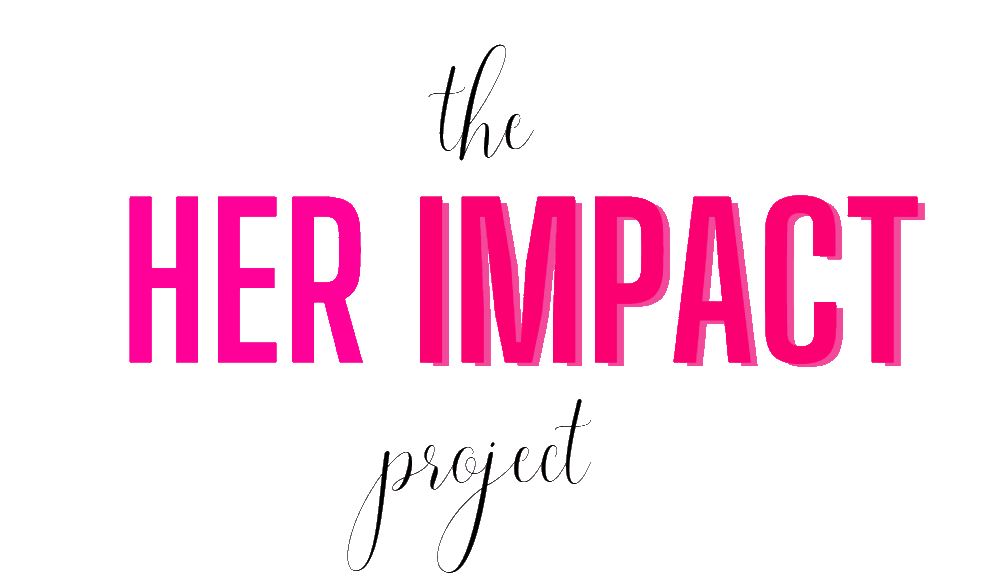
January 11, 2024
Learning the importance of reproductive healthcare with Afton Vechery!

Hi Everyone,
Thank you for reading our thirteenth blog post. We are honored to have Afton Vechery, the co-founder and former CEO of Modern Fertility, featured on our blog! As the co-founder of Modern Fertility, she is committed to making fertility information more accessible. Since its founding in 2017, Modern Fertility has allowed more women to take control of their reproductive health.
When people ask Afton how she knew she wanted to start a fertility company, it often surprises them to learn that ten years ago she didn't know the first thing about her own fertility. In fact, she was uncomfortable even talking about it. When Afton met her co-founder, Carly Leahy, who was well-versed in the fertility space, she realized just how confusing and sterile the fertility world seemed— especially since women's health and fertility have been severely under-researched and underfunded.
Through conducting their own research, Afton and Carly discovered that for decades fertility clinics have been using tests that were not accessible to women on a large scale. These tests possess the potential to offer insights into one's fertility, enabling women to initiate conversations with their doctors sooner. This is essential since women are now opting to have kids later in life. As Afton and Carly spoke to physicians and experts they realized that this information gap was the thing that they were in the best position to solve. Hence, the Modern Fertility Hormone Test was born.
Before the Modern Fertility Hormone Test was launched, a woman would need to try and fail to conceive for a year or more and spend hundreds or even thousands of dollars on a fertility clinic consult and blood work before they could even begin to learn about their fertility. Now, with the prick of a finger, the at-home Hormone Test by Modern Fertility allows women to access insights into vital factors such as their ovarian reserve, thyroid health, and other hormones impacting fertility— all at an affordable cost.
Since its founding, Modern Fertility has been named the #1 most innovative company in healthcare by Fast Company & has been covered in prominent publications such as Forbes and The New York Times. Afton credits some of the success of Modern Fertility to the company having two female founders. According to Afton, women building something to serve other women requires a type of thoughtfulness that resonates deeply with their customers.
Despite selling the company in 2021, Afton remains dedicated to supporting women’s health. She is currently on the Board of Trustees for the non-profit organization Society for Science.
Afton hopes to one day make fertility hormone testing as common and essential as getting a pap smear. She believes that fertility should be proactive. This means that women should always be equipped with the tools required to plan ahead, similar to the careful considerations taken when coming up with a retirement plan. Ultimately, when women have the tools to control their own reproductive futures, they can map out the lives they want to live on their own terms.
Visit their website www.modernfertility.com to learn more about Modern Fertility’s services. You can also follow Modern Fertility on social media to learn more about reproductive health.
Thank you for reading our post!
Question & Answer
How did you get your idea for this business?
People often ask me how I knew I wanted to start a fertility company and it surprises people when I say.... 10 years ago, I didn't know the first thing about my own fertility. When I met my co-founder, who was well versed in the fertility space, I realized how confusing and sterile the fertility world seemed and I started to question, "Why don't I understand my own fertility? And why am I a little uncomfortable about it?" We learned that there are tests that have been done for decades in fertility clinics that were not accessible to women on a larger scale. These tests could help you start to understand your fertility and start an earlier conversation with your doctor (essential especially as we have kids later in life). As we spoke to physicians and experts we realized that this information gap was the thing that we were in the best position to solve. And the Modern Fertility hormone test was born (pun intended!) I think blind spots can be just as motivational as passion points when it comes to deciding what you want to build and how you want to spend your time.
What were any obstacles you faced while developing your business? Did gender play a factor in any of these?
There are obstacles every day because no one has built what you are building before. As a founder you are responsible for your customers, your team, your investors, and (oh yeah!) your own well being. It's a lot. And even if everything went according to plan day in and day out (which of course it does not!) just juggling all of those responsibilities can be all consuming. Because we were building something to serve women, being two female founders was powerful and helped foster the kind of thoughtfulness we wanted to deliver to our customers and within your team.
How does your business focus on giving back to women?
Modern Fertility was built around the idea that women deserve access to their own health information, hard stop. Before we launched the Modern Fertility Hormone Test a woman would need to try and fail to conceive for a year or more and spend hundreds (sometimes thousands) of dollars on a fertility clinic consult and blood work before they would even begin to learn about their fertility. Our focus was to make fertility hormone testing as common and essential as getting a pap smear. Fertility should be proactive. And when we have the tools to control our own reproductive futures, we can map out the lives we want to live on our own terms.
Why is giving back to women a main focus of your company’s business?
Women's health and fertility in particular has been severely under researched and under funded and to put it simply, that's not OK. We started out angry by that and also curious about our own fertility –– we wanted tools to help us game plan personally, just like we have retirement plans etc. As we built Modern Fertility we realized how vast the misinformation around fertility really was and how making something like fertility hormone testing mainstream (which it is now, woohoo) could uplevel our cultural expectation of the kind of care women need and deserve throughout their lives.
Site made by Ashwin Iyer